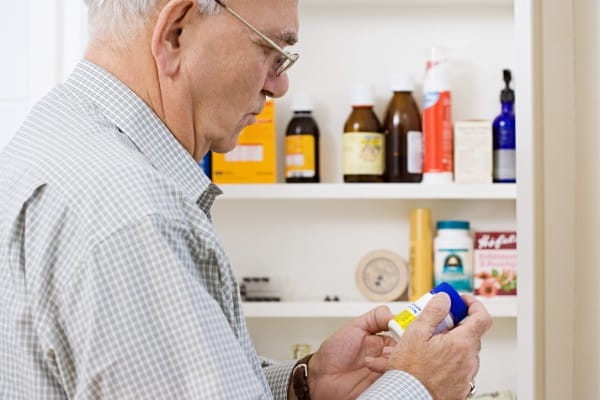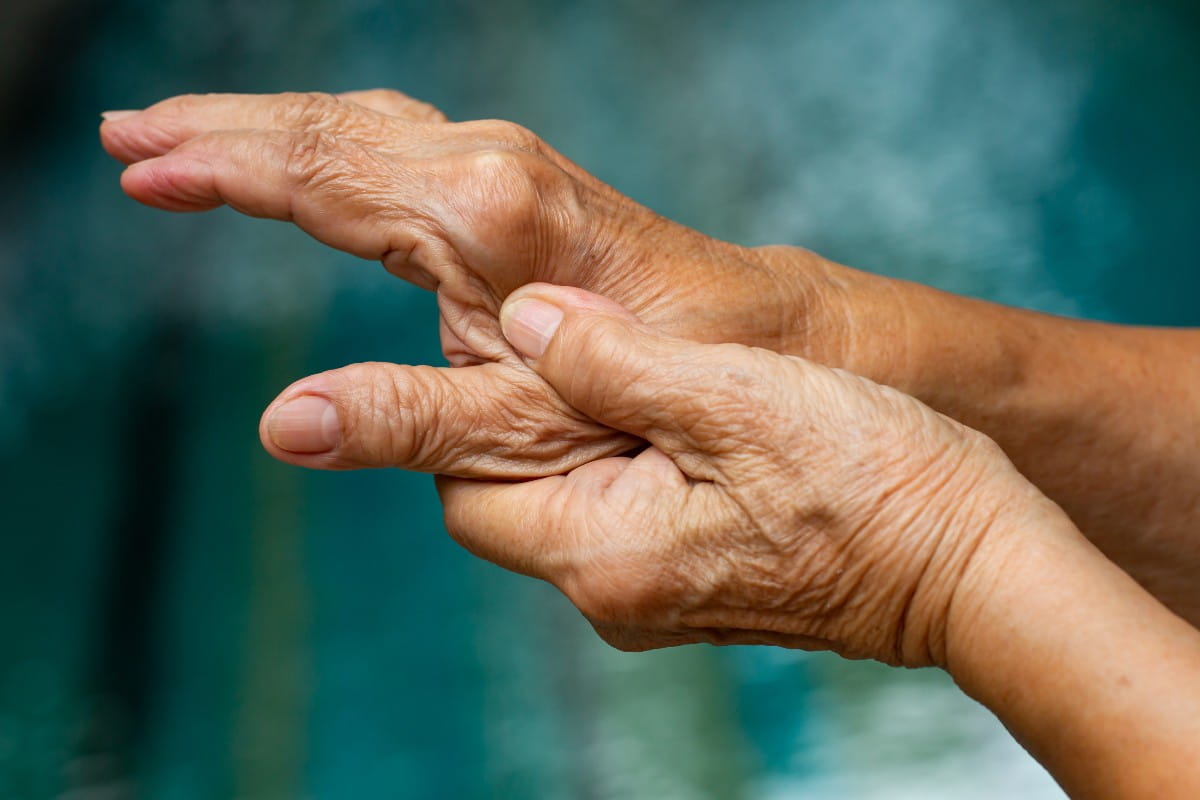Think about your medicine chest for a moment. Do you have what you may need readily available? Or when someone gets injured or sick, do you have to root around, looking for first aid supplies and pain relievers that haven’t passed their expiration dates perhaps only to find you don’t have some of the basics?
“If this sounds like you, you have plenty of company,” says Travis T. Arnold, D.O., a family medicine physician at Riverside Elizabeth Lakes Family Practice. “However, if you become ill or there’s a household mishap, that’s not the time to discover you don’t have what you need.”
Here are the things you should always have stocked and ready to go in your medicine chest or first aid kit, as suggested by the American Red Cross.
First aid supplies
An oral thermometer. Digital ones work faster and are more durable than glass ones, but test yours periodically to make sure the batteries are working.
Adhesive bandages. Get an assortment or buy boxes of differing sizes so you can take care of everything from a small cut or bug bite to something larger.
Gauze and adhesive tape. For large wounds or ones that bleed or ooze a lot, you’ll want more than a stick-on bandage. Having several sizes of gauze pads is a good idea.
Alcohol wipes, rubbing alcohol or hydrogen peroxide. You can clean a wound with an antiseptic poured onto gauze, but for small ones, alcohol wipes will do the job.
Disposable gloves. Check to make sure they’re latex-free if you’re allergic. Because it’s tempting to use them for other purposes, remember to replenish your supply.
Eyewash. If a family member spatters grease in their eye or gets a foreign object in it, you’ll want to be able to quickly flush it out.
Scissors and tweezers. You’ll need the scissors to cut the gauze and tape, and the tweezers for removing splinters and other foreign objects. Clean them with alcohol first.
Masks and hand sanitizer. You need to have these handy in case someone in your household is exhibiting symptoms of illness, including COVID-19.
Medications and salves
Be sure to check expiration dates on first aid medications and replace any that are out-of-date.
Antibiotic cream. Cleaning a wound as soon as you can after it happens and applying antibiotic to it will greatly decrease your chances of getting an infection.
Aloe vera gel. This is very soothing for burns, including sunburns. It contains a natural anti-inflammatory substance that calms irritation and swelling.
Calamine lotion. This skin lotion helps calm itching, like that caused by insect bites and contact rashes from poison ivy.
Hydrocortisone cream. This product is helpful for treating skin irritations, allergic reactions and rashes.
Laxative or stool softener. If you’re constipated, these products will move things along.
Anti-diarrheal. If you have the opposite problem, you’ll want relief before you get weak and dehydrated.
Antacids. There are several brands in both tablet and liquid form that help relieve heartburn.
Antihistamines and cold medicine. Some are clearly labeled “non-drowsy,” so you can function normally while taking them. Others will make you sleepy. Be sure you have both.
Pain relievers. The two most common ones are ibuprofen and acetaminophen. Carefully read the instructions, both as to dosage and for how long you should take them.
Other items
Prescriptions. Make sure your prescriptions are refilled on time and not expired. If you can’t remember what a medication is for, check with your doctor.
Keep a list. It is strongly recommended that you keep an updated list of active medications and medical allergies for everyone in the household in the medicine cabinet as well.
Ice packs. You’ll want to keep these in the freezer. Having one handy when you strain a muscle or have a sunburn will give you quite a bit of relief.
Emergency phone numbers. Program these into your cellphone and post them near your home phone if you have one.
Condition-specific medicines. If you have severe allergies, you should keep injectable epinephrine available. For people with asthma, having an extra inhaler handy can be a lifesaver.
Staying on top of it
Keep your medicine cabinet well-stocked. If you use something up, be sure to replace it. If anyone in your family has a special health condition, make sure you’re prepared for that as well. If you need help with first aid topics, check out Riverside’s Healthy YOU blog library.
“Most people already have some of these supplies, but they may be old or scattered around the house,” says Dr. Arnold. “Getting organized now can really make a difference during a crisis.”
If you’re not sure whether your situation requires emergency care, call Riverside Nurse at 757-595-6363 for help.



